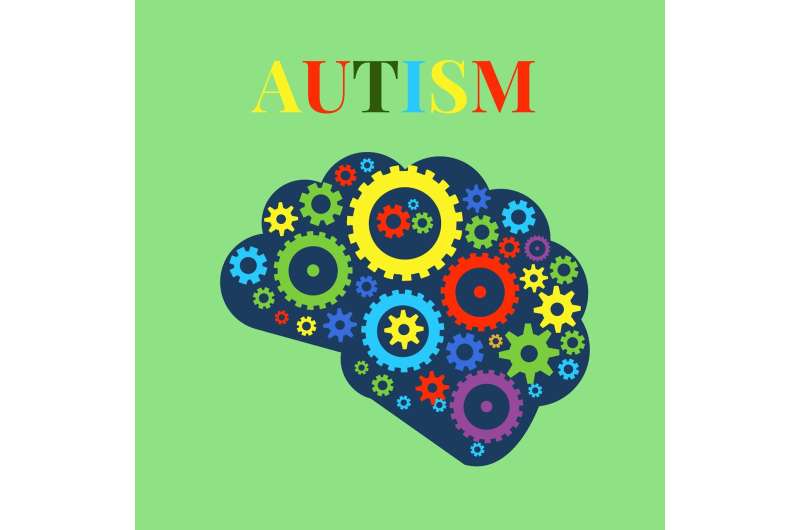Assessing Mental Health Support for Female Football Players

The mental health of female football players is under scrutiny as research reveals widespread issues and limited support. Key players like Millie Bright highlight the need for improved mental health resources in women's football to ensure players' well-being and optimal performance.
As the UEFA Women's Euros 2025 approaches, concerns raise about mental health support for female footballers. Notably, Millie Bright, a key player and former captain, announced her absence from the squad, citing burnout and a mental health crisis as reasons. Burnout, a significant mental health issue characterized by exhaustion, reduced achievement, and emotional detachment, can negatively impact athletic performance and overall well-being. While Bright has received support from her teammates and coaches, her absence highlights a broader challenge within women's football regarding mental health care.
Research indicates that mental health problems are widespread among female footballers. Studies from the Women's Super League and Championship reveal that approximately one-third of players experience disordered eating behaviors, and 11% suffer from moderate to severe anxiety or depression. Access to psychological support remains limited, with only half of the athletes able to seek mental health aid through their clubs. Similar trends are observed internationally, with female players in countries like Australia, Germany, and Switzerland reporting higher levels of mental health issues compared to their male counterparts. These findings underscore that mental health concerns are more prevalent among women in football than within the general population.
While football can serve as a psychological refuge, offering support and camaraderie, it can also pose risks. Competitive pressures, injury risks, and selection anxieties could exacerbate mental health challenges. Coaches play a crucial role in supporting athletes, but there is evidence that female players often feel hesitant to discuss mental health issues due to masculinity norms and fear of negative impacts on their careers. Education initiatives, such as mental health literacy programs, are essential to foster awareness, reduce stigma, and empower players and coaches to seek and provide support.
Efforts to improve mental health support include increasing access to independent psychological services, integrating mental health training into coaching qualifications, and creating environments where players feel safe discussing their struggles. These steps are vital for safeguarding the mental well-being of female athletes and ensuring they can perform at their best.
Looking ahead to the 2027 FIFA World Cup in Brazil, there is optimism that players will receive the necessary support to maintain both their physical and mental health. Continued focus on mental health initiatives can help foster a more supportive environment for women in football, promoting overall well-being and sustainable athletic careers.
Source: https://medicalxpress.com/news/2025-07-player-mental-health-women-football.html
Stay Updated with Mia's Feed
Get the latest health & wellness insights delivered straight to your inbox.
Related Articles
New Insights into How the Brain Creates Emotional Experiences
A recent study uncovers how the brain constructs emotional experiences by identifying a neural signature of arousal that is distinct from automatic bodily responses, offering new insights into emotions and mental health.
Creating Neuro-Inclusive Universities to Support Autistic Student Success
Discover how universities can become more neuro-inclusive, supporting autistic students through tailored policies, supports, and inclusive practices that promote their success and well-being.
Music Therapy as a Supportive Approach for Dementia Patients in Hospital Settings
A groundbreaking study shows that music therapy can significantly reduce distress and improve quality of life for dementia patients in hospital wards, offering a safe and cost-effective alternative to medication.
Mobile Mindfulness Meditation Apps Show Promise in Enhancing Attention
New research demonstrates that mobile mindfulness meditation apps can effectively enhance attention control across age groups, utilizing objective eye-tracking measures beyond self-reporting.



